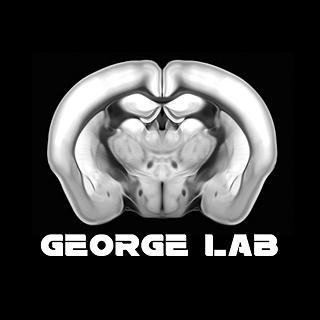Search


Building a brain map of alcohol dependence.
This new paper provide the first brain map of alcohol dependence at single cell resolution in an animal model of Alcohol use disorder....

Olivier George
Jan 14, 20203 min read


Identification of a neuronal pathway responsible for excessive drinking and alcohol dependence
This new paper identify a key brain network responsible for alcohol dependence and demonstrates that it is possible to reverse the desire...

Olivier George
Mar 25, 20193 min read


Identification of an Orphan Receptor as Novel Molecular Target for Alcohol Dependence.
The George lab identified the orphan receptor GPR139 as a potential target for the treatment of compulsive alcohol drinking and...

Olivier George
Oct 14, 20183 min read


A novel target for the treatment of alcohol use disorder.
Dr. de Guglielmo from the George lab published a new study in collaboration with the Palmer lab (UCSD) that provide robust preclinical...

Olivier George
Jul 5, 20181 min read


Alcohol binge-drinking facilitates the transition to dependence, but regular drinking may be almost
The George lab published a new study providing preclinical evidence that several months of alcohol binge-like drinking facilitates the...

Olivier George
Aug 25, 20172 min read


Cortical and Amygdalar Neuronal Ensembles in Alcohol Seeking, Drinking and Withdrawal
The George lab published a new invited review in collaboration with Dr. Bruce Hope at the National Institute on Drugs of Abuse (NIDA) on...

Olivier George
May 27, 20171 min read


Voluntary vaping alcohol produces alcohol dependence in rats.
The George lab published a new study providing preclinical evidence that self-administration of alcohol vapor produces alcohol dependence...

Olivier George
Apr 11, 20173 min read

